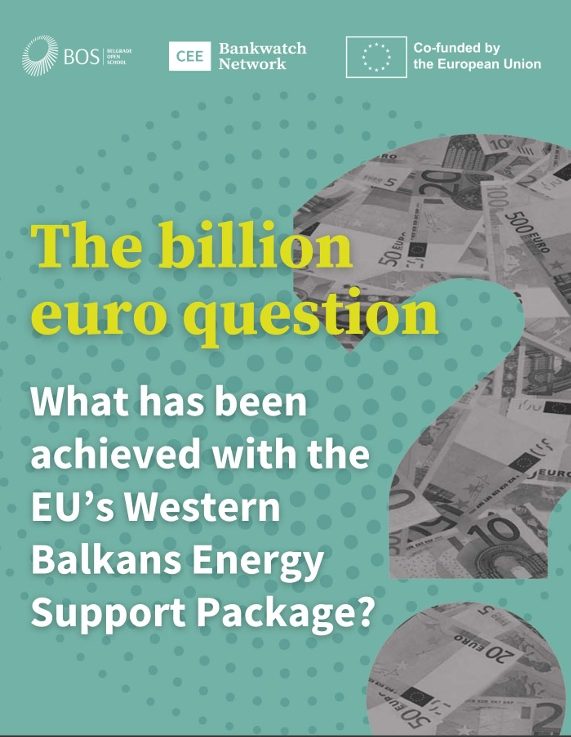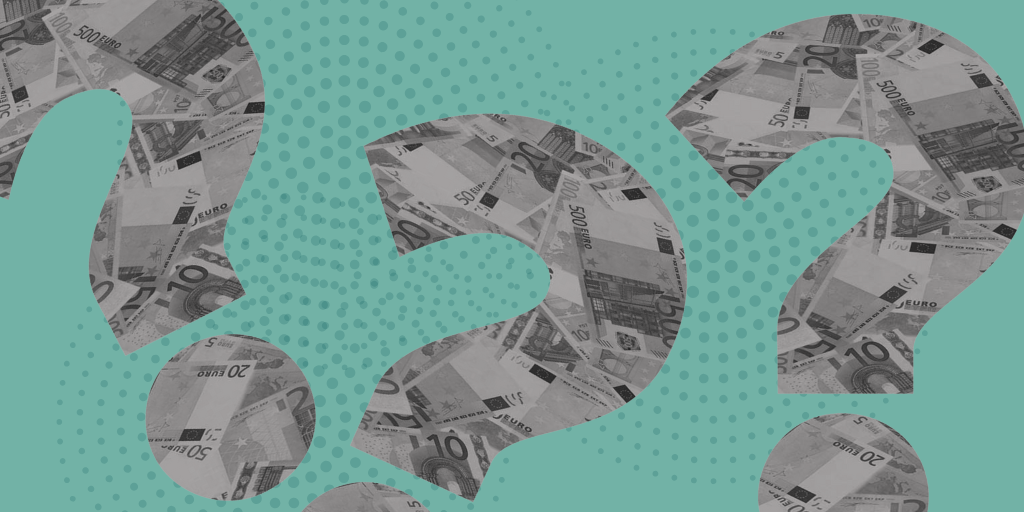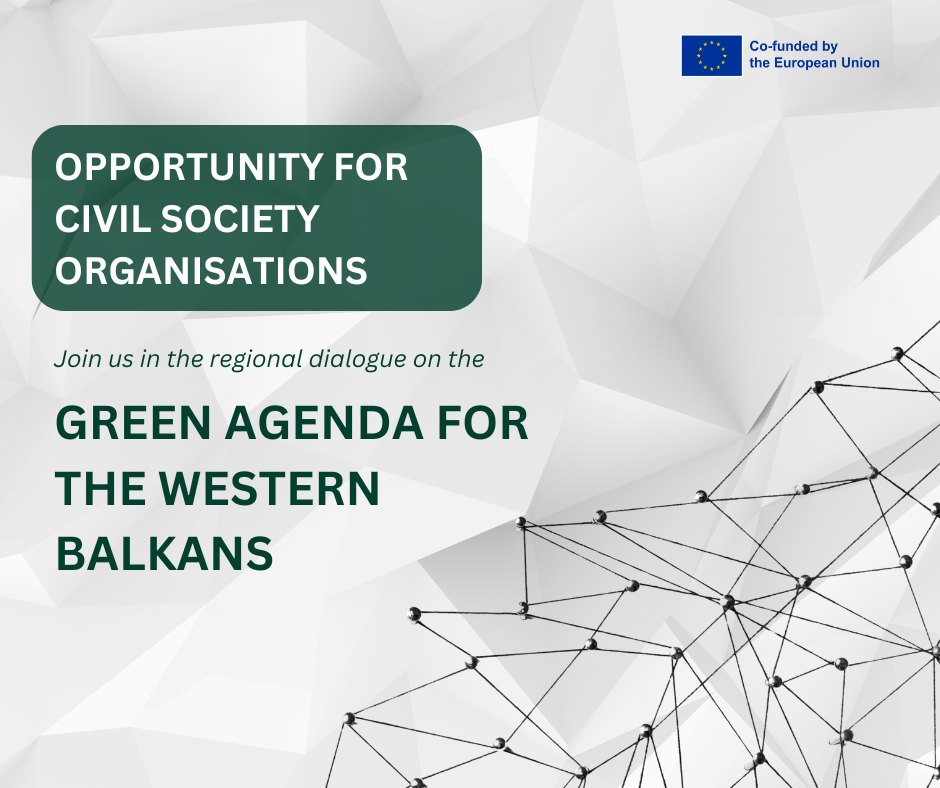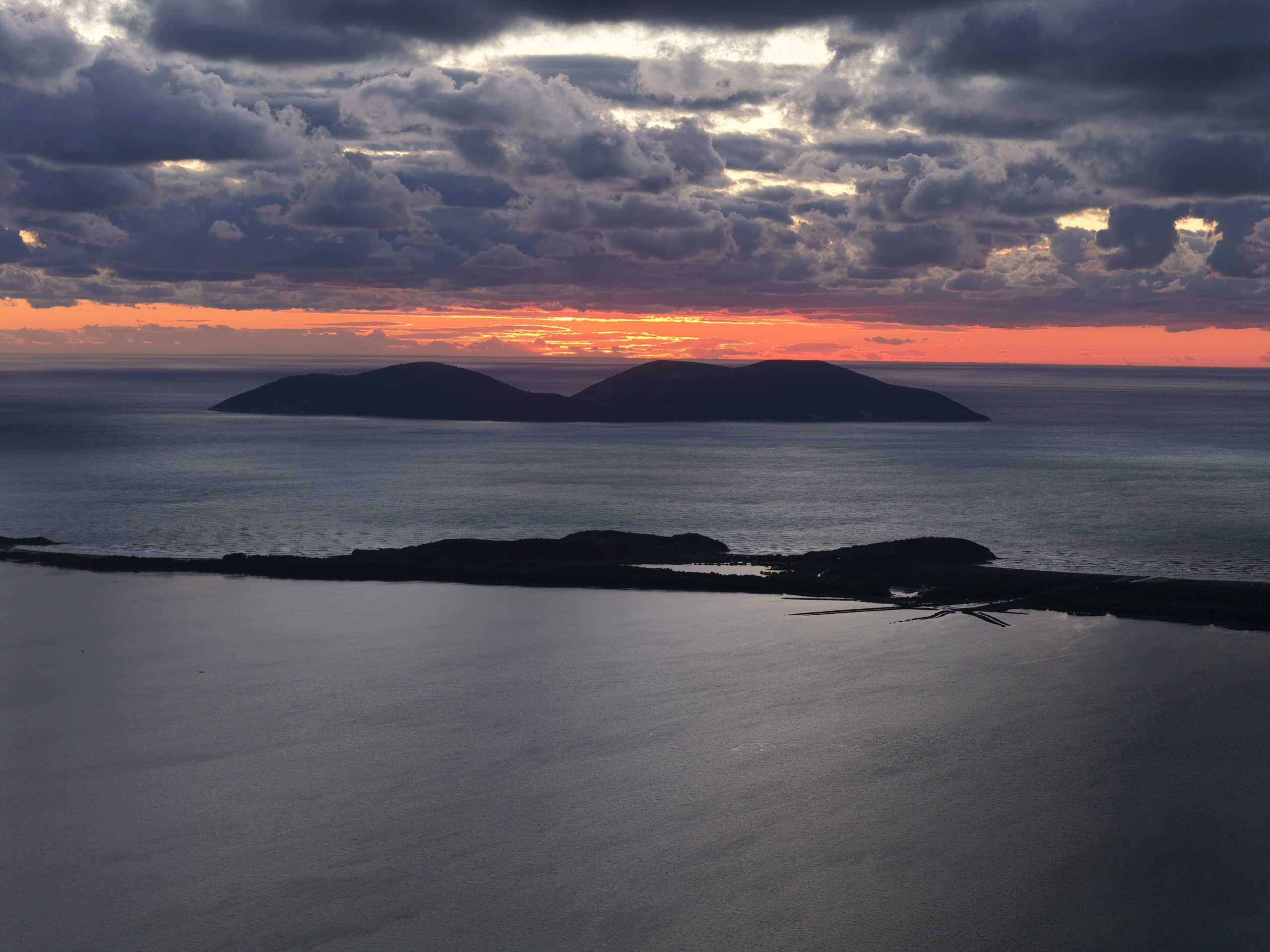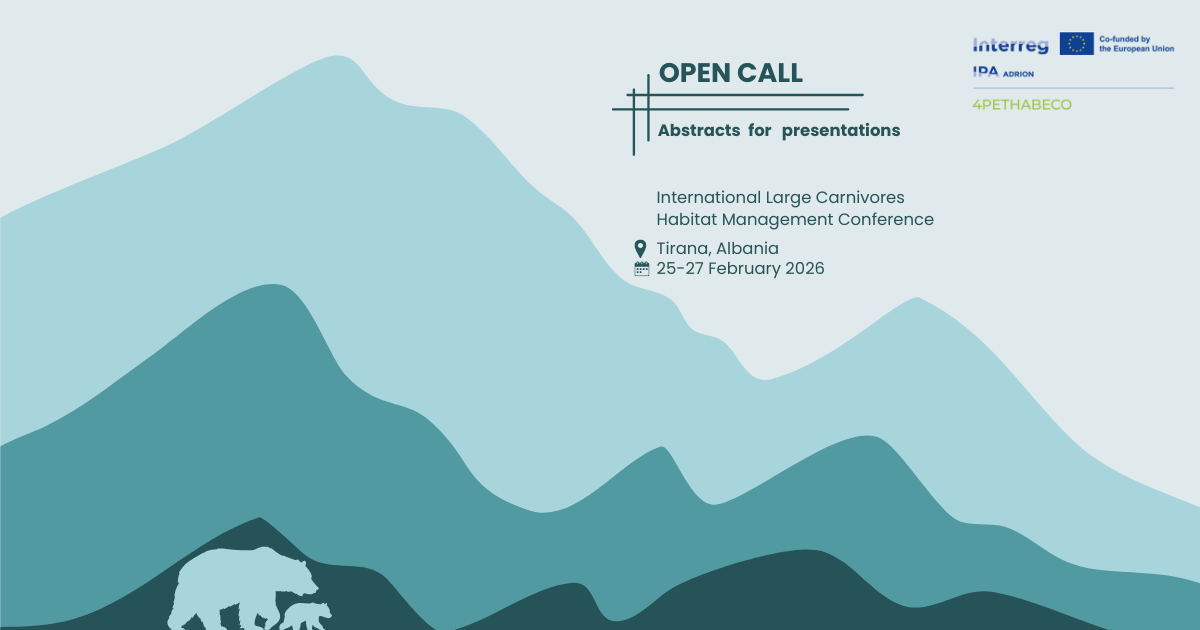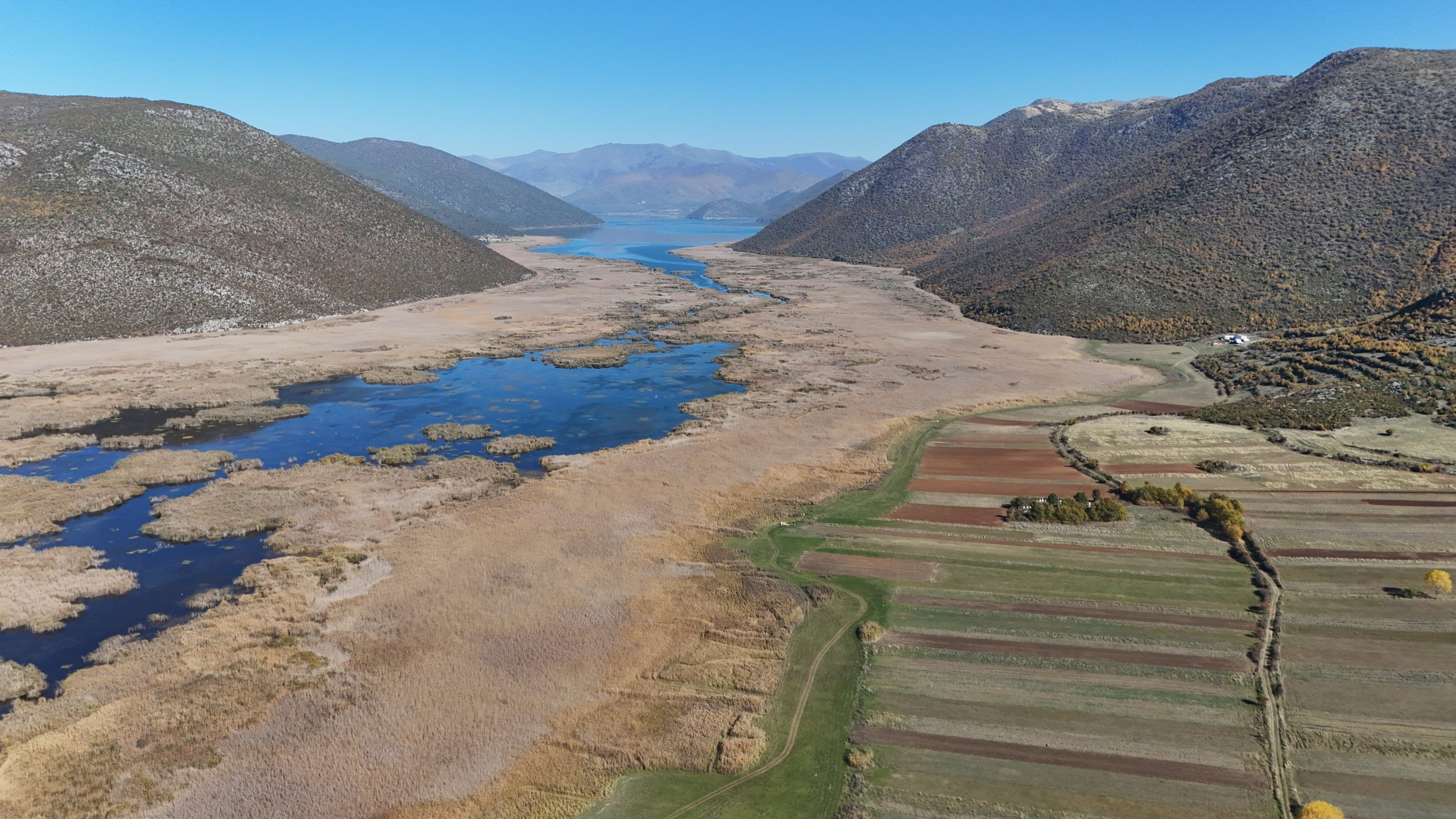Press release
Western Balkans: Majority of EU energy crisis package funds untraceable, shows new report
23 July 2025
Only EUR 163 million of the European Commission’s EUR 1 billion emergency funding can be shown to have contributed to tackling the root causes of the energy crisis and advancing the Green Agenda for the Western Balkans, according to a new report by CEE Bankwatch Network, published today (1). More than two years after the lion’s share of the funds were disbursed, most spending and results still cannot be traced using publicly available sources.
Announced in November 2022, the EU Energy Support Package for the Western Balkans aimed to mitigate the immediate effects of the energy crisis and accelerate the energy transition. EUR 500 million was to be disbursed by the Western Balkans Investment Framework (WBIF)(2), and the other half consisted of budget support to assist vulnerable families and small businesses.
90 per cent of the budget support funds were transferred between February and May 2023, with the remainder to be disbursed on completion of Action Plans. Tracking was to be based on indicators, not spending (3). The Commission published ‘indicative’ plans in 2022, but the finally adopted versions for Albania, Bosnia and Herzegovina, Kosovo and North Macedonia do not seem to be available online.
Short-term subsidies for energy bills dominated the draft plans, with unclear results. In Albania, the support only covered existing schemes, while Montenegro and Serbia provided one-time payments with no long-term effect. North Macedonia subsidised all household electricity bills through transfers to state-owned utility ESM, instead of targeting vulnerable consumers.
Montenegro and Serbia also included ‘energy security’ measures in their Action Plans, including direct fossil fuel subsidies via the purchase of oil stocks.
All the countries planned incentives for insulation, efficient heating devices and/or small-scale renewable installations, but only Bosnia and Herzegovina and Kosovo published significant information on their progress. Out of the EUR 500 million budget support, Bankwatch was only able to confirm EUR 41.1 million as contributing to a sustainable energy transition.
Pippa Gallop, Southeast Europe energy policy officer at Bankwatch – ‘The lack of public information on the EU’s energy crisis package for the Western Balkans is beyond comprehension. Hastily set up indicator-based funds are becoming the Commission’s modus operandi in the region, but without coherent spending plans, public consultations, regular progress updates and accountability, billions of euros of public funds risk being wasted.’
Davor Pehchevski, Balkan energy coordinator at Bankwatch – ‘The main energy crisis passed long ago, so it’s high time for the governments and the Commission to answer the billion euro question: what has been done and what has it achieved? In a region known for its nepotism and corruption, it’s unbelievable that so much money was disbursed upfront, with so few conditions attached. We expect a thorough evaluation of the Package to be carried out as soon as possible, involving all relevant actors, and the results to be made publicly available.’
Contact
Notes for editors
(1) The report is available here.
(2) The WBIF component consisted of:
- EUR 123 million grants for energy infrastructure projects such as solar and wind plants, which Bankwatch assessed as relevant for advancing the energy transition;
- EUR 52 million credit lines, which most likely supported worthwhile projects but lack publicly available information on their uptake and results;
- EUR 100 million for the Regional Energy Efficiency Programme, which mostly supports worthwhile projects but lacks publicly available information on their timing and results;
- EUR 230 million for EFSD+ guarantees which are difficult to trace and may not all have been issued yet.
(3) As of mid-July 2025, Albania and Montenegro have received their final 10 per cent tranches (in November 2024 and December 2023); Kosovo and Bosnia and Herzegovina have requested it; and North Macedonia and Serbia have not yet done so.
This activity is part of the “Green Agenda Navigator” project supported by the European Union. The project is implemented by the Belgrade Open School in cooperation with six regional partners: the Aarhus Centre Association, Eco-Team organization, Eco-Z organization, the Center for Environmental Research and Information Eko-Svest, the Protection and Preservation of Natural Environment in Albania organization and CEE Bankwatch Network.
